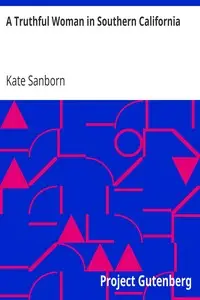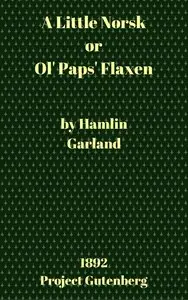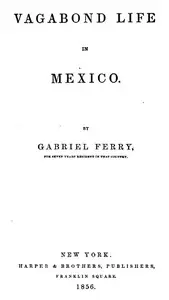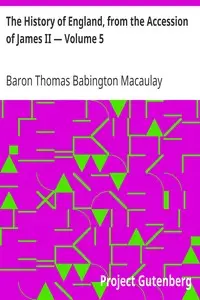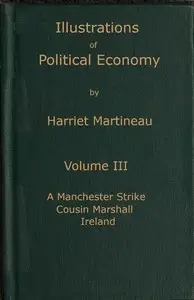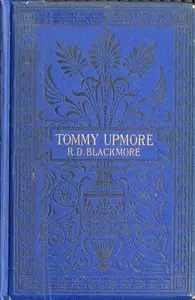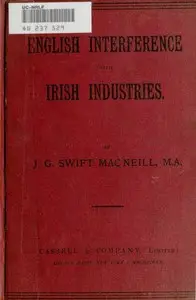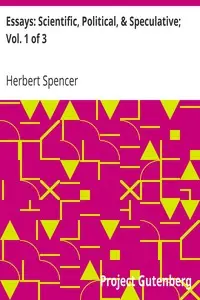"Diana of the Crossways — Volume 3" by George Meredith is a novel written in the late 19th century. This book explores the life and struggles of its protagonist, Diana Warwick, a talented authoress navigating personal and societal challenges, along with the impacts of her literary success and tumultuous relationships. At the start of this volume, Diana is grappling with the duality of her newfound success and the pressures it brings. In a letter to her friend Emma Dunstane, she reflects on her literary achievements and the changes in her life that accompany them. The letter reveals her conflicted feelings about fame, her admiration for her work, and the responsibilities it imposes on her personal life. While Diana expresses a deep passion for writing, she also struggles with societal expectations, her friendship with Emma, and her complicated feelings towards men in her life, particularly concerning her former husband and current social standing. This opening establishes an intricate emotional landscape surrounding Diana, setting the tone for her journey in the subsequent chapters. (This is an automatically generated summary.)

Diana of the Crossways — Volume 3
By George Meredith
"Diana of the Crossways — Volume 3" by George Meredith is a novel written in the late 19th century. This book explores the life and struggles of its p...
George Meredith was an English novelist and poet of the Victorian era. At first, his focus was poetry, influenced by John Keats among others, but Meredith gradually established a reputation as a novelist. The Ordeal of Richard Feverel (1859) briefly scandalised Victorian literary circles. Of his later novels, the most enduring is The Egoist (1879), though in his lifetime his greatest success was Diana of the Crossways (1885). His novels were innovative in their attention to characters' psychology, and also portrayed social change. His style, in both poetry and prose, was noted for its syntactic complexity; Oscar Wilde likened it to "chaos illumined by brilliant flashes of lightning". Meredith was an encourager of other novelists, as well as an influence on them; among those to benefit were Robert Louis Stevenson and George Gissing. Meredith was nominated for the Nobel Prize in Literature seven times.







